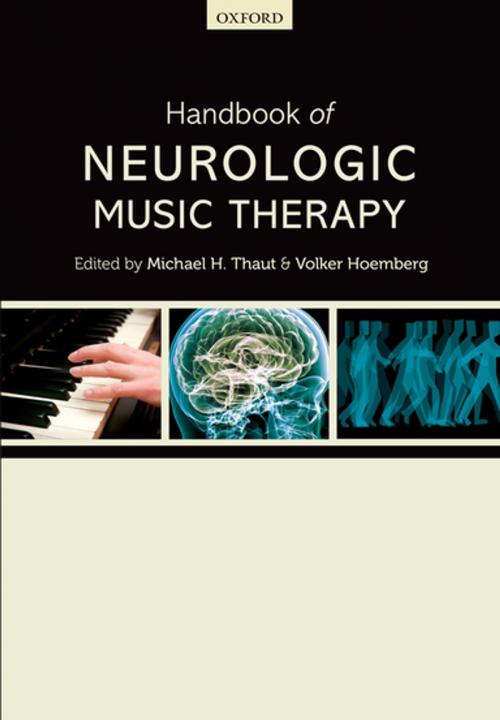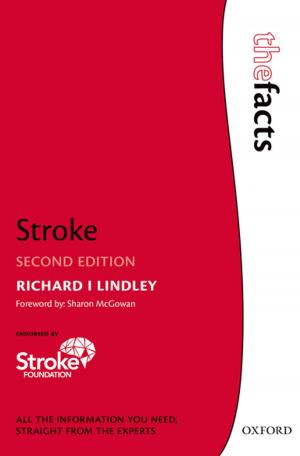Handbook of Neurologic Music Therapy
Nonfiction, Entertainment, Music, Health & Well Being, Medical, Psychology| Author: | ISBN: | 9780191003677 | |
| Publisher: | OUP Oxford | Publication: | July 17, 2014 |
| Imprint: | OUP Oxford | Language: | English |
| Author: | |
| ISBN: | 9780191003677 |
| Publisher: | OUP Oxford |
| Publication: | July 17, 2014 |
| Imprint: | OUP Oxford |
| Language: | English |
Neurologic Music Therapy (NMT) is a form of music therapy developed for people suffering from cognitive, sensory, or motor dysfunctions - arising from neurological diseases of the nervous system. People who can benefit from this therapy include sufferers from: stroke, traumatic brain injury, Parkinson's and Huntington's disease, cerebral palsy, Alzheimer's disease, autism, and other neurological diseases affecting cognition, movement, and communication (e.g., MS, Muscular Dystrophy, etc). The Handbook of Neurologic Music Therapy is a comprehensive landmark text presenting a new and revolutionary model of music in rehabilitation, therapy and medicine that is scientifically validated and clinically tested. Each of the 20 clinical techniques is described in detail with specific exercises, richly illustrated and with pertinent background information regarding research and clinical diagnoses. The book is a 'must have' for all neurologic music therapists and those who want to become one, clinicians, university faculty, and students alike. Physicians and therapists from other disciplines will find this tome an important guide to provide new insight how music can contribute significantly to brain rehabilitation and how Neurologic Music Therapists can be effective interdisciplinary providers in patient care.
Neurologic Music Therapy (NMT) is a form of music therapy developed for people suffering from cognitive, sensory, or motor dysfunctions - arising from neurological diseases of the nervous system. People who can benefit from this therapy include sufferers from: stroke, traumatic brain injury, Parkinson's and Huntington's disease, cerebral palsy, Alzheimer's disease, autism, and other neurological diseases affecting cognition, movement, and communication (e.g., MS, Muscular Dystrophy, etc). The Handbook of Neurologic Music Therapy is a comprehensive landmark text presenting a new and revolutionary model of music in rehabilitation, therapy and medicine that is scientifically validated and clinically tested. Each of the 20 clinical techniques is described in detail with specific exercises, richly illustrated and with pertinent background information regarding research and clinical diagnoses. The book is a 'must have' for all neurologic music therapists and those who want to become one, clinicians, university faculty, and students alike. Physicians and therapists from other disciplines will find this tome an important guide to provide new insight how music can contribute significantly to brain rehabilitation and how Neurologic Music Therapists can be effective interdisciplinary providers in patient care.















